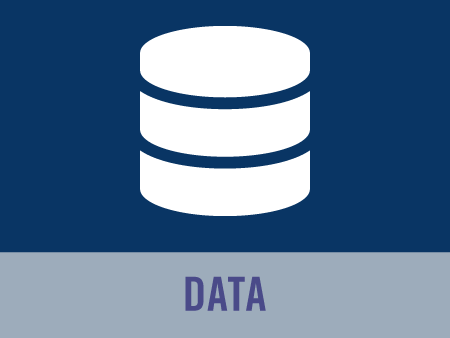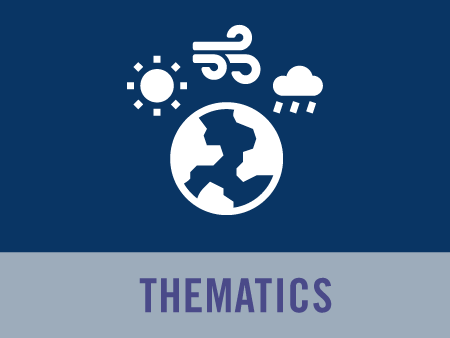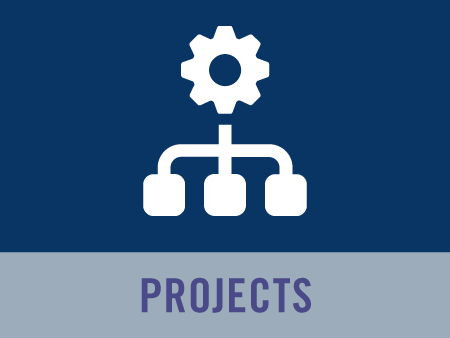Surface currents from new GOCI dataset with maximum cross-correlation
Estimates of ocean currents can be obtained by tracking the movement of natural surface features from satellites. The displacements of ocean features (e.g.. chlorophyll pattern) over the time interval between successive images can indicate the surface flow field. The Maximum Cross Correlation (MCC) method is an automated procedure that calculates the displacement of small regions of patterns from one image to another to derive surface currents.
Under the ESA project GlobCurrent, scientists from Plymouth Marine Laboratory have successfully applied the MCC method to derive the surface currents from the Geostationary Ocean Colour Imager.
As the world’s first ocean colour observation imager operated on a geostationary platform, it has six visible bands and two near-infra-red bands. The ground sampling distance of GOCI is about 500 m, and the observational coverage is a 2,500 × 2,500 km. GOCI was designed to observe its coverage area every hour and to transmit eight images each day. Therefore, GOCI offer an optimal platform to test the performance of MCC in the coastal area.
Figure 1 shows the chlorophyll concentration from GOCI at 00:16 GMT on 5th May 2012 for a region just south of Japan. There is a rotating eddy feature centred at 31.5N, 137E to the south of the path of the Kuroshio in this region. Figure 2 shows the chlorophyll map of the same area two hours later, 02:16 on the same day, note the eddy is rotating clockwise. Figure 3 shows the currents derived with the MCC code developed in PML from the pair of GOCI images. The currents are overlaid on the second GOCI image with the arrows showing the velocity of the current and the color scale giving the chlorophyll concentration. The mean speed of the eddy is around 60 cm/s, a velocity very close to the value from altimetry at similar time in the region, and the eddy location is also identical to altimetry.










